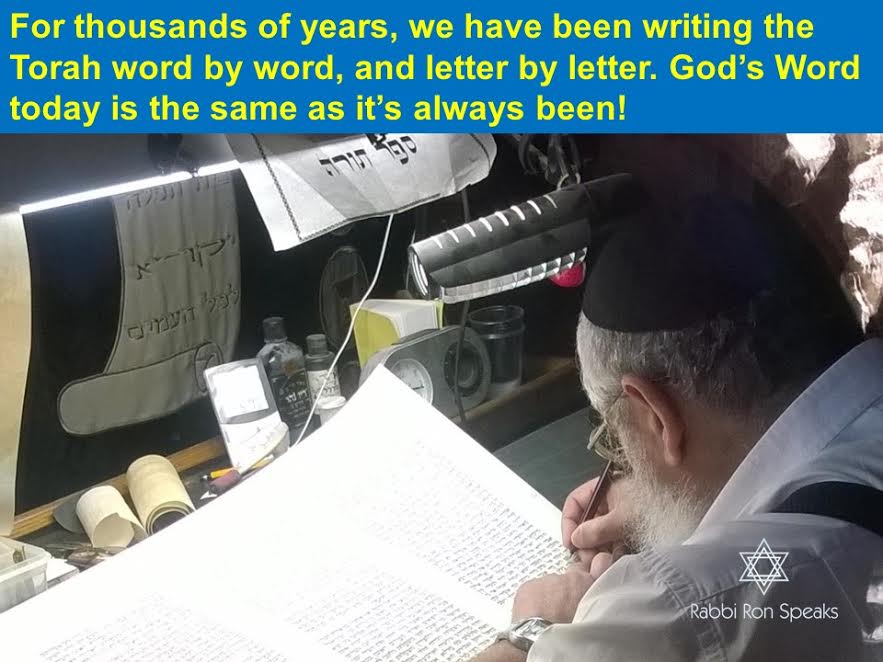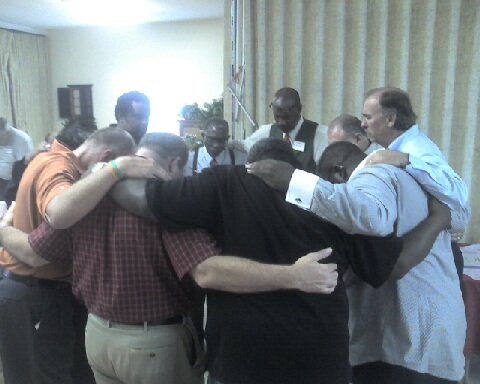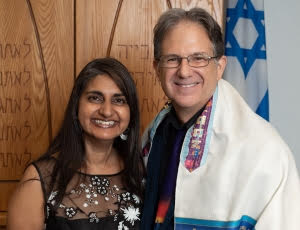God’s Word is a Treasure “part one”
God’s Word is a treasure (Part 1)
Some people celebrated the Feast of Shavuot or Pentecost in early June. Christians generally call this feast Pentecost, while Jews call it Shavuot. The first thing which probably comes to mind for Christians who celebrate this Feast is that God gave His Ruach or Spirit to the disciples in Jerusalem on this Feast of the Lord.
This is true, but on this very feast day, God also gave His instructions or Torah to Moses at Mt. Sinai. God gave us both instructions for knowing Him, and how He wants us to live on the same day He gave us His Spirit. This makes sense because Yeshua (a.k.a. Jesus) said that the Spirit will teach us all things, and because the Spirit is the One who enables us to live according to God’s Instructions.
Dead Sea Scrolls
Since God’s Word is at the heart and soul of this Biblical Feast it is a great day to honor and study God’s Torah (Instructions). Between 1947 and 1956 the Dead Sea Scrolls (ancient manuscripts) were discovered in eleven caves near Qumran, near the Dead Sea. These manuscripts are approximately two thousand years old. Most of the scrolls were written in Hebrew, with a smaller number in Aramaic or Greek. … The vast majority of the scrolls survived as fragments – only a handful were found intact. Nevertheless, scholars have managed to reconstruct from these fragments approximately 850 different manuscripts of various lengths. Today you can go to the Shrine of the Book Museum in Jerusalem to view some of the Dead Sea Scrolls and other rare ancient manuscripts. (http://www.english.imjnet.org.il/page_1348)
Some people who do not want to surrender to Yeshua say that since there are so many different translations of the Bible we can’t be sure if God’s Word is accurately translated today. But thanks to the Dead Sea Scrolls, we can compare Bibles printed today with manuscripts printed 2,000 years, and be certain that the Bibles we read today declare the same wonderful truths they declared many years ago.
Sofer
Another reason you can be certain that we are reading the very same words in the Bible today that have always been printed in the Bible, is because Jewish people still have specially trained scribes called a sofer who copy the Torah word by word, and letter by letter. They write the Torah by hand and do so directly from a Torah Scroll that was written the very same way several hundred years ago. Since a sofer writes the Bible this way we can be absolutely certain that the words written in Torah Scrolls are the very same words that have always been written in the Torah.
It takes a scribe about a year to pen the 304,805 letters found in each and every Torah. A sofer must know more than 4,000 Judaic laws before he begins writing a Torah Scroll. God’s name is so holy that a scribe must bathe in a mikvah (ritual pool) before writing the Lord’s four-letter (Hebrew) name. This shows the deep reverence and respect God’s people have for God’s Word, and that they are committed to making sure that our Torah Scrolls are accurate.
Torah Processional
In a Jewish Worship Service the Torah is processed around the Sanctuary. During the processional, we are encouraged to take our tallit (prayer shawl), Bible or finger and touch the Torah and then bring it to our lips. We do this to express our desire that we want God’s Word to always be on our lips. It can also be seen as a reverse kiss so during Shabbat Services we have an opportunity to kiss God’s Word. Millions of people kiss the Blarney Stone when they go to Ireland. After a bumpy plane or boat ride, some people kiss the ground to express how grateful they are to be safely on the land. People kiss people and things they love, so shouldn’t we express our love for God’s Word in some way?
Torah is a Treasure
(Psalm 119:72 NIV) The law from Your mouth is more precious to me than thousands of pieces of silver and gold.
King David was a very wealthy man and he felt that God’s Word was more precious than thousands of pieces of silver and gold. What about you? How much do you treasure or value God’s Torah?
(Psalm 119:11 NASB) Your word I have treasured in my heart, that I may not sin against You.
In verse 11 David gives us one very important reason he treasured God’s Word. He laid up God’s Word in his heart so that he would not sin against God. We pursue things that are dear to our heart, and avoid things that we do not value or treasure. For this reason, David placed God’s Word in his heart so that God’s Instructions would direct him in how he lived his life. What have you treasured and stored up in your heart?






